
The growing demand for eco-friendly disposable tableware requires compliance with strict certifications and standards. This guide will help you navigate the complex world of certifications to ensure your products meet quality and environmental requirements.
Certifications for disposable tableware ensure safety, quality, and sustainability. This guide outlines key certifications and the organizations that set these standards.
Let’s dive deeper into the types of disposable tableware and the importance of certification for each category.
Types of Disposable Tableware: What Are the Main Categories?
Disposable tableware comes in various forms, such as plates, cups, cutlery, and serving items. Each category is designed to cater to different needs, with some options focused on convenience and others on sustainability.
Disposable tableware includes plates, cups, cutlery, and serving items, with a growing emphasis on eco-friendly materials.
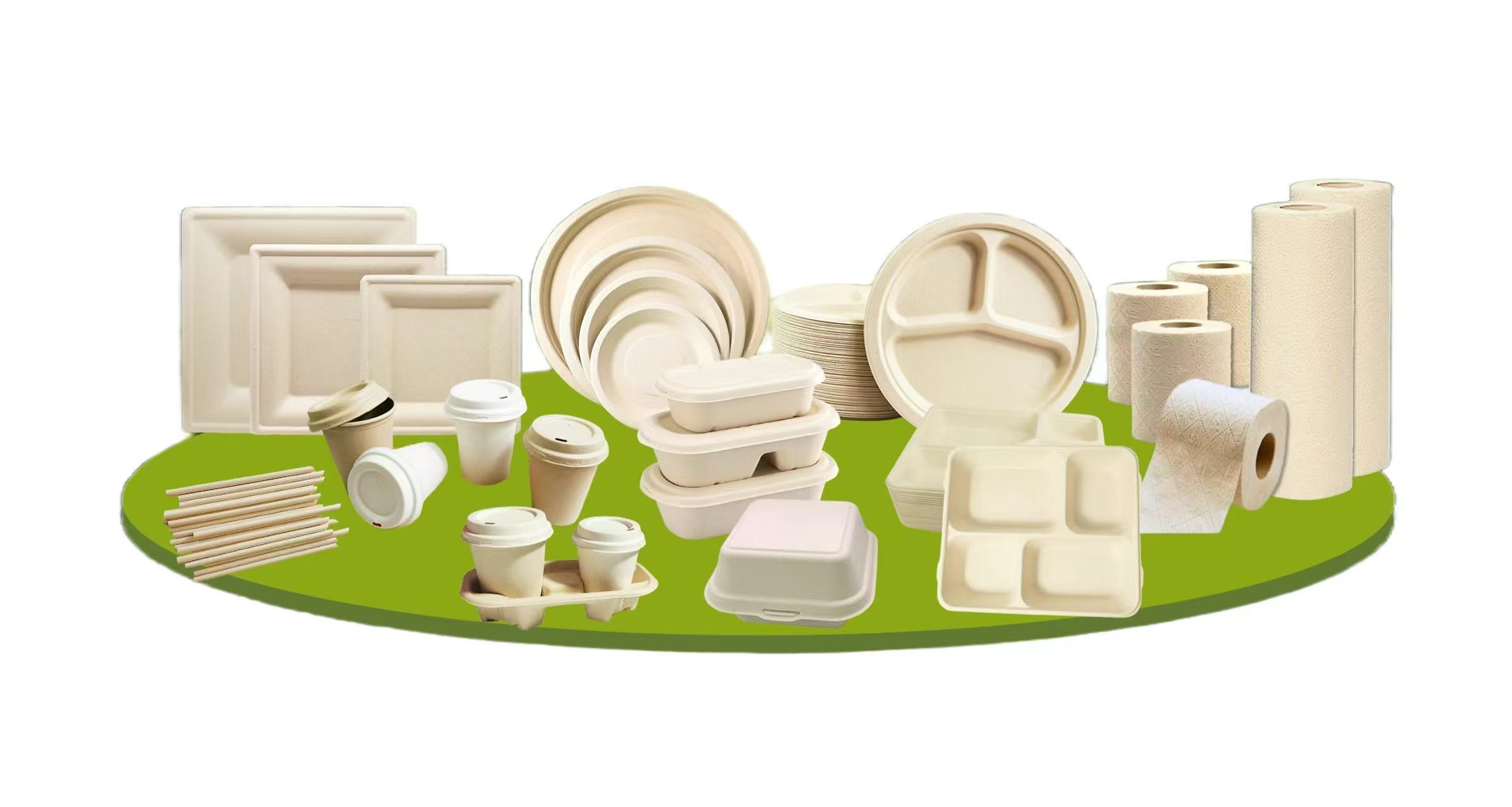
Disposable tableware serves as an essential part of daily life, particularly in the foodservice industry. Plates and bowls are commonly used in restaurants, parties, and takeout. Cups and drinkware are equally important, offering a variety of sizes and designs for different beverages. Cutlery such as forks, knives, and spoons is often made from plastic, though many businesses are shifting toward compostable materials. Serving items, such as trays and platters, are critical in catering and large events. Each category must adhere to certifications that guarantee safety and sustainability, especially as more businesses prioritize eco-friendly alternatives.
Common Categories of Disposable Tableware
| Category | Common Uses | Material Options |
|---|---|---|
| Plates & Bowls | Parties, restaurants, takeout | Plastic, bamboo, sugarcane |
| Cups & Drinkware | Beverages, coffee, water | Paper, bamboo, plastic |
| Cutlery | Eating utensils | Plastic, bamboo, wood |
| Serving Items | Catering, large events | Plastic, bamboo, palm leaf |
Eco-Friendly Options: Why Are They Important?
With the increasing awareness of environmental impact, eco-friendly disposable tableware has become more popular. Products like biodegradable and compostable tableware are changing the way businesses approach sustainability.
Eco-friendly disposable tableware, including biodegradable and compostable options, helps reduce environmental impact.

Eco-friendly disposable tableware has become a key player in the battle against single-use plastic pollution. Biodegradable tableware is designed to break down naturally in a relatively short period, minimizing the long-term environmental impact. Compostable tableware takes this a step further, breaking down in composting conditions, leaving no harmful residues behind. These products are often made from renewable resources such as bamboo, sugarcane, or palm leaves. As environmental regulations become stricter, businesses that adopt these eco-friendly options will be better positioned to meet consumer demand and comply with evolving standards.
Biodegradable vs. Compostable Tableware
| Type | Breakdown Process | Environmental Impact |
|---|---|---|
| Biodegradable | Breaks down in natural conditions | Reduces plastic pollution |
| Compostable | Breaks down in composting facilities | Zero waste, nutrient-rich |
Overview of Certifications: Why Are They Crucial?
Certifications help businesses demonstrate their commitment to quality, safety, and environmental responsibility. These certifications ensure that products meet specific standards and regulations set by governing bodies.
Certifications ensure that disposable tableware is safe, eco-friendly, and compliant with local and international standards.
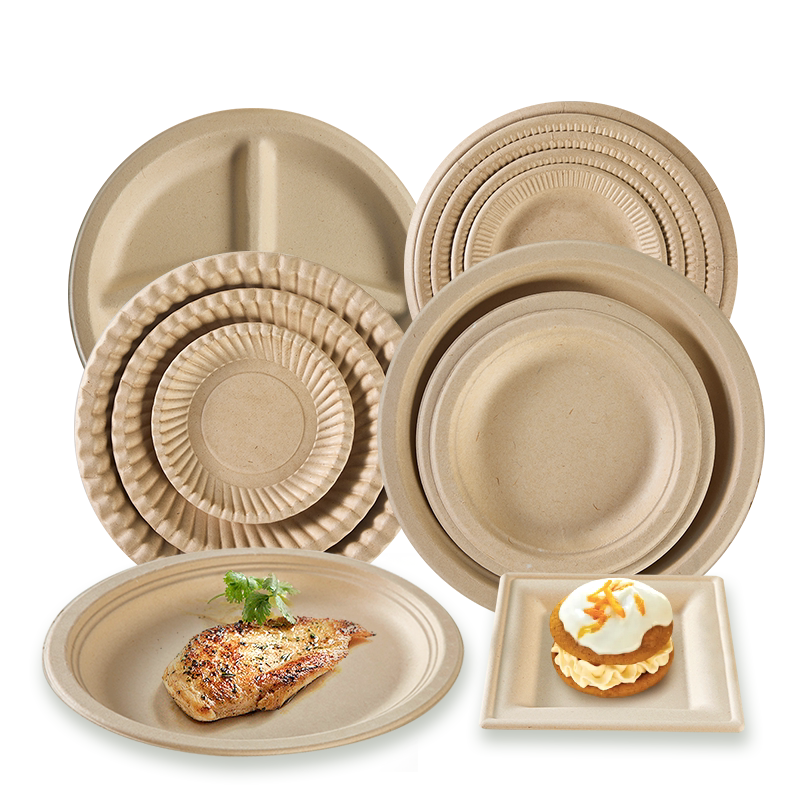
Obtaining the right certifications for disposable tableware is vital for businesses seeking to maintain high standards of quality and sustainability. Environmental certifications verify that the products meet eco-friendly standards, such as biodegradability or compostability. Food safety certifications ensure that the materials used in tableware are safe for contact with food and beverages. By obtaining these certifications, businesses can prove their commitment to safety and the environment, which can ultimately boost consumer trust and loyalty.
Types of Certifications to Look For
| Certification | Purpose | Relevance |
|---|---|---|
| Environmental Certifications | Ensures sustainability and minimal environmental impact | Biodegradability, compostability |
| Food Safety Certifications | Verifies safety for food contact | FDA, EU regulations |
| Quality Certifications | Confirms product quality | ISO 9001, BRC |
Standards Organizations: Who Are They?
Certifications are typically managed and issued by standards organizations. These organizations play a crucial role in ensuring that products meet safety, quality, and environmental standards.
Standards organizations establish rules and guidelines for certifications, ensuring consistency and safety in disposable tableware.
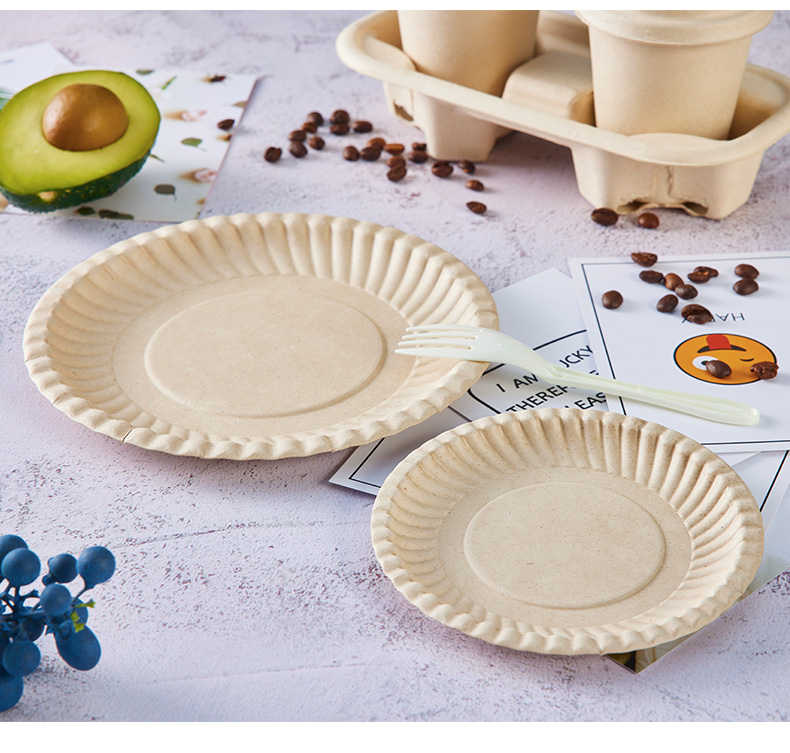
Several key organizations develop and enforce standards for disposable tableware. ASTM International is a major global organization that establishes material standards, including those for compostability and biodegradability. ISO provides global standards for quality management (ISO 9001) and environmental management (ISO 14001). The Global Food Safety Initiative (GFSI) is critical for food safety certifications, while the Forest Stewardship Council (FSC) ensures that bamboo and other wood-based products come from sustainably managed forests. By adhering to these standards, businesses can ensure their products are trusted by consumers and compliant with international regulations.
Key Standards Organizations
| Organization | Focus Area | Key Standards |
|---|---|---|
| ASTM | Material standards, compostability | ASTM D6400, D6868 |
| ISO | Quality and environmental management | ISO 9001, ISO 14001 |
| GFSI | Global food safety | Safe food packaging standards |
| FSC | Sustainable sourcing | FSC certification for bamboo |
| BPI | Biodegradable certification | Biodegradable Products Institute standards |
Regional Regulations: How Do They Differ?
Regional regulations vary significantly depending on the region, and understanding them is essential for businesses that operate in multiple markets.
Regional regulations for disposable tableware vary. Businesses must stay updated on local laws to ensure compliance.
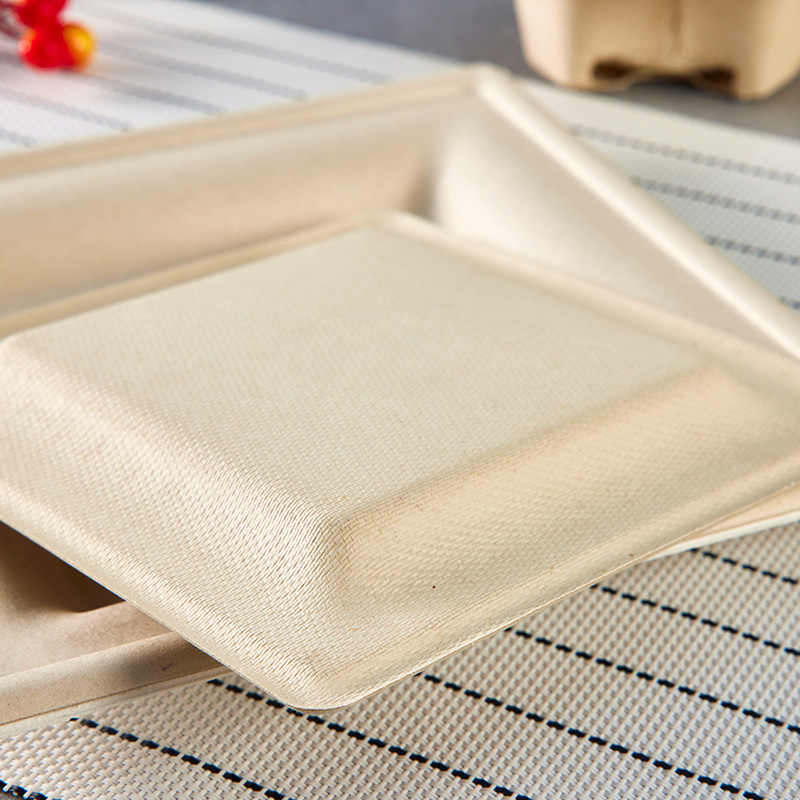
Regulations for disposable tableware are often region-specific, reflecting local environmental concerns and safety standards. In North America, for example, the FDA regulates food-safe materials, while states like California have enacted stricter plastic bans, requiring businesses to use biodegradable or compostable alternatives. The European Union has stringent laws on packaging waste, enforcing the Single-Use Plastics Directive that limits plastic use in disposable tableware. Similarly, specific country regulations such as those in Belgium and France demand compliance with eco-friendly materials and responsible waste disposal practices. Staying informed of these regional rules is crucial for businesses that export internationally.
Regional Regulations Overview
| Region | Key Regulations | Impact on Businesses |
|---|---|---|
| North America | FDA, state plastic bans | Focus on food safety, sustainable alternatives |
| European Union | Single-Use Plastics Directive | Requires switch to biodegradable products |
| Belgium & France | Eco-friendly packaging laws | Mandates recyclability and compostability |
Challenges in Certification and Standardization: What Are the Hurdles?
While certification and standardization are essential, they come with challenges. The process can be costly, time-consuming, and complex.
Certification and standardization are vital, but they come with challenges such as high costs and compliance complexity.
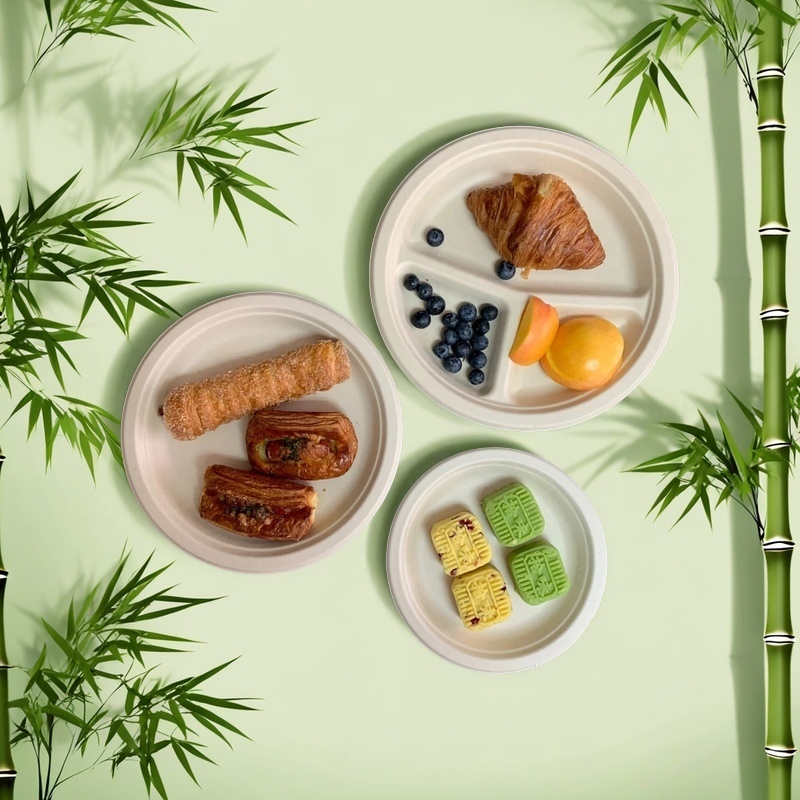
One of the major challenges businesses face is the cost of certification, which can be prohibitive for small companies. Certification processes often require extensive documentation, product testing, and compliance with multiple standards, which can be time-consuming and costly. Additionally, the variability of standards across regions makes it difficult for companies to standardize their products globally. Keeping up with regulatory changes is another hurdle; laws and regulations change frequently, and businesses must invest in ongoing compliance. Lastly, some companies face difficulty navigating quality management systems that ensure consistency and reliability across production lines, especially when scaling up.
Common Challenges in Certification
| Challenge | Description | Potential Solution |
|---|---|---|
| Cost of Certification | High fees and testing costs | Budget allocation, seek subsidies |
| Variability of Standards | Different standards across regions | Research and plan for global markets |
| Regulatory Changes | Constantly changing regulations | Keep up-to-date, invest in compliance tools |
| Quality Management | Maintaining consistency at scale | Invest in robust quality systems |
Recent Trends and Changes in Regulations: What’s Happening Now?
Recent trends show a shift towards stricter environmental regulations, while labor and economic considerations also impact the certification landscape.
New trends indicate stricter environmental regulations and economic factors affecting certification processes.
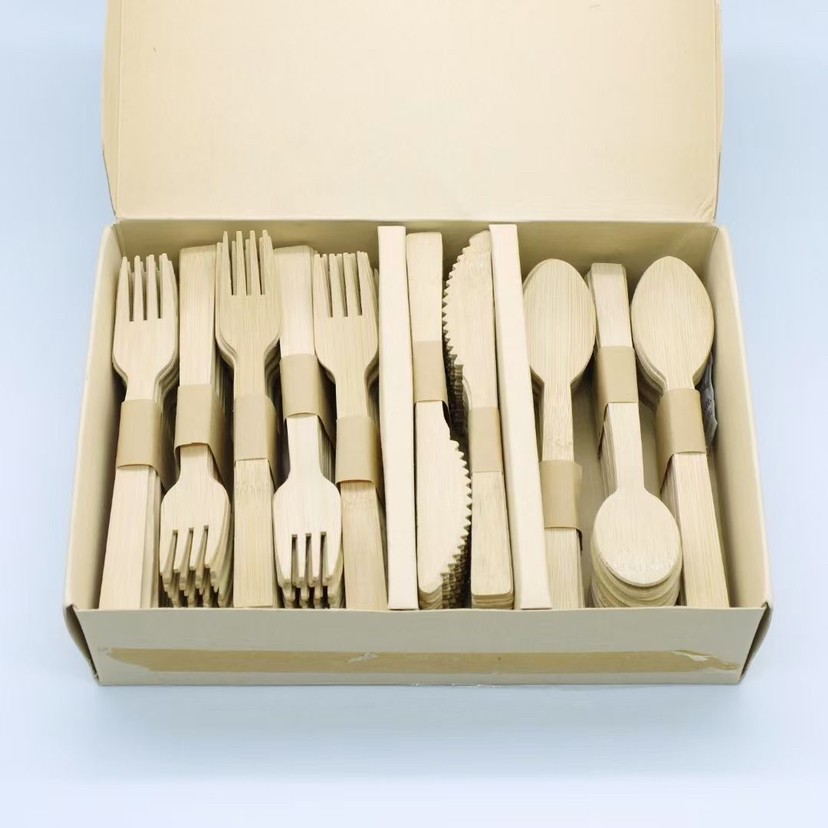
The growing focus on environmental regulations means that businesses must adopt more sustainable practices, particularly in terms of reducing plastic waste and adopting renewable materials. In addition, labor regulations are influencing the certification of disposable tableware, as companies must ensure safe working conditions throughout their supply chains. Economic factors, such as rising material costs, are also impacting the ability of manufacturers to obtain and maintain certifications. As businesses strive to balance sustainability with cost-effectiveness, these trends will continue to shape the future of disposable tableware certification.
Key Trends in Recent Regulations
| Trend | Impact on Certification Process | Focus Area |
|---|---|---|
| Environmental Focus | Stricter requirements for eco-friendly products | Biodegradability, plastic bans |
| Labor Regulations | Requirements for fair labor practices | Supply chain audits |
| Economic Factors | Rising costs for sustainable materials | Certification affordability |
Future Trends: What’s Next for Certification?
The future of disposable tableware certification lies in more innovative approaches, with increased focus on sustainability and technological advancements.
The future of certification will be shaped by sustainability, technological advancements, and market growth.

In the coming years, environmental regulations will continue to tighten, pushing manufacturers to adopt even more sustainable practices. Consumer behavior shifts toward sustainability will also drive demand for eco-friendly options. As technological advancements in material science and production techniques emerge, we can expect to see more innovative solutions for biodegradable and compostable tableware. Moreover, the market growth potential in emerging economies offers new opportunities for businesses to expand while maintaining compliance with local standards. The competitive landscape will continue to evolve, with companies that invest in sustainable practices and certification staying ahead of the curve.
Future Trends in Certification
| Trend | Description | Impact on Industry |
|---|---|---|
| Environmental Regulations | Stricter eco-friendly standards | More sustainable materials |
| Consumer Behavior Shifts | Increased demand for green products | Growing market for eco-friendly tableware |
| Technological Advancements | Innovations in biodegradable materials | New certification categories |
| Market Growth | Expanding markets in emerging economies | Competitive pressures |
Conclusion
Certification and standardization are essential for businesses to maintain quality, safety, and sustainability in the disposable tableware industry. By staying informed and compliant, companies can ensure long-term success.
Discover Certified Disposable Tableware at Panabam!
Panabam focuses on providing disposable, biodegradable bamboo pulp tableware. We prioritize using high-quality raw materials and advanced manufacturing techniques to create sustainable packaging solutions.
Our range of disposable tableware, made from bamboo pulp, is certified by international bodies like FSC. We offer everything from plates and bowls to cutlery and utensils, and we ship to over 100 countries, including those in Europe, Australia, America, and Southeast Asia.
Interested in testing our premium bamboo pulp tableware? Contact us for a customized sample from our expert team.
Let Panabam help you embrace sustainability with eco-friendly packaging and tableware solutions. Get in touch)with us today!

Shmily Lee
Hi there! I’m Shmily, a proud mom to an amazing boy and the manager of PANABAM. We’ve been producing eco-friendly bamboo tableware that’s both sustainable and high-quality. I’m passionate about helping businesses embrace greener solutions. Let’s connect and create a more sustainable future together!